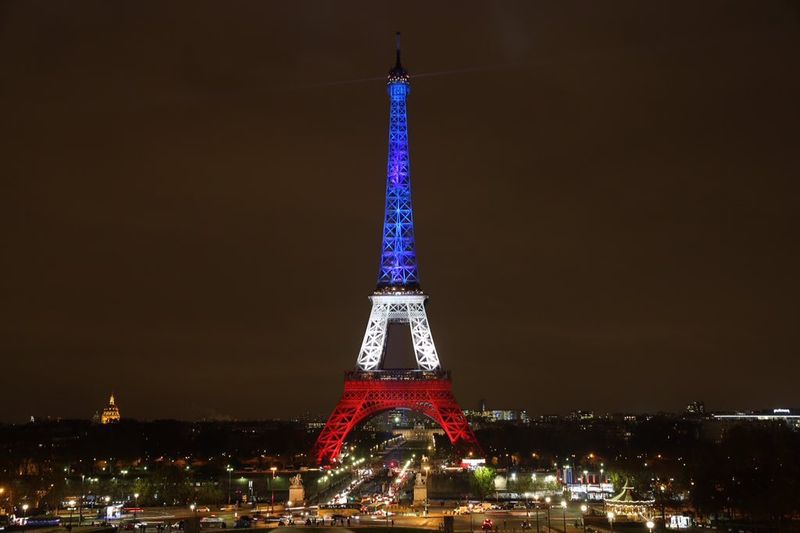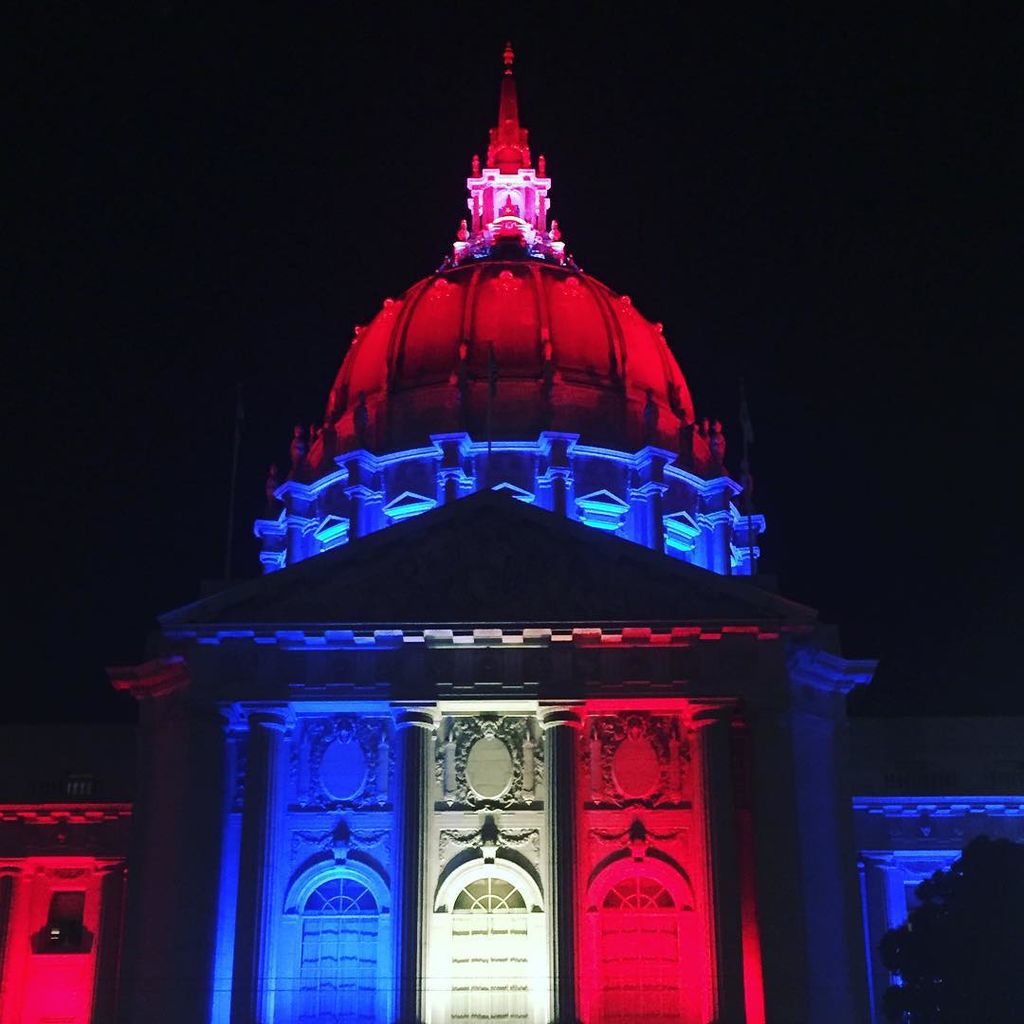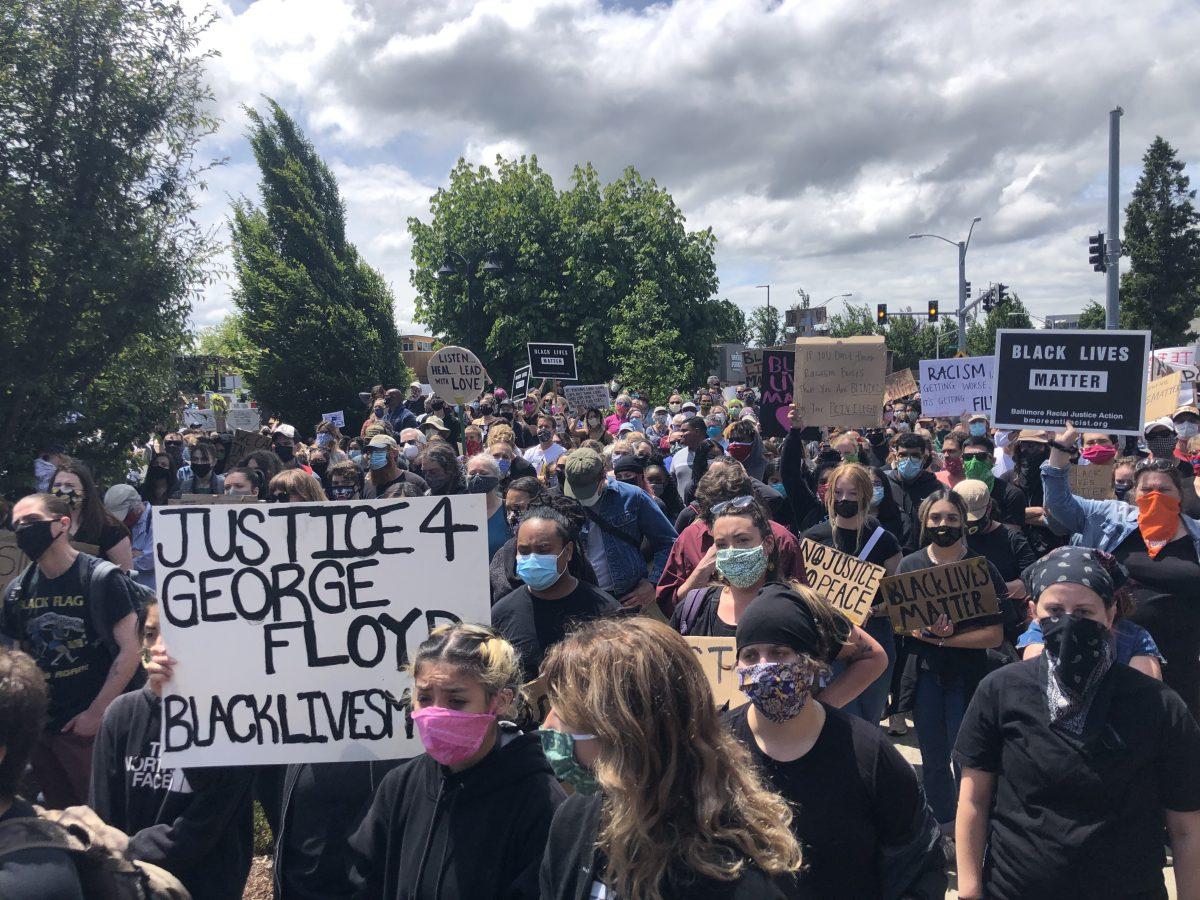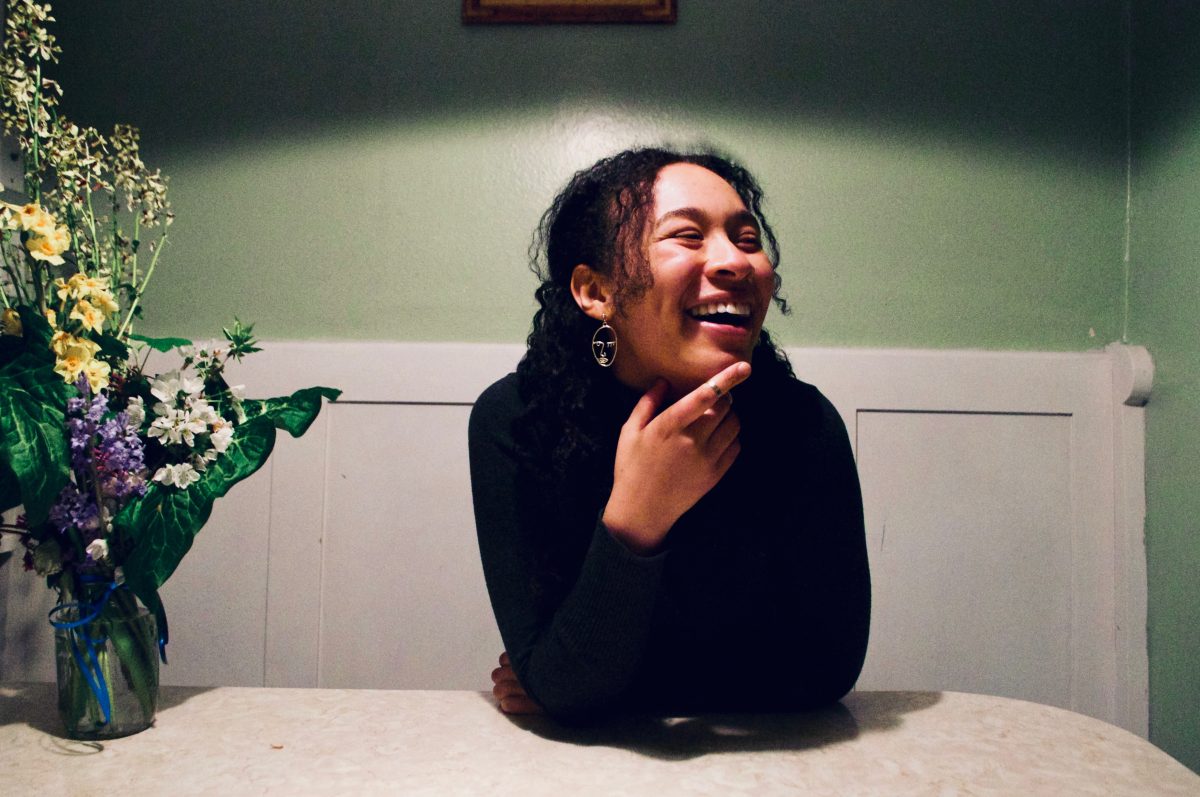Words by Jordyn Brown, Photo provided by Creative Commons
The terrorist attacks that occurred on November 13th, 2015 will mark a day Paris will never forget. These events sent a shockwave through the entire world, even though all of us were unaware of the aftershock that would follow for the next year.
Since the initial attack on Paris there have been at least 10 confirmed terrorist attacks in the European Union. The frequency of these incidents mirrors the back-to-back wildfires Oregon experienced last year and spurring what The New York Times is calling “the summer of anxiety.”
This feeling of anxiety is tangible. It’s surrounding tourist spots like the Eiffel Tower and the Roman Colosseum. It’s pressed close to you as you ride the crowded metro for just a few blocks during busy hours. It’s an anxiety that is incomprehensible to many in the United States as they drive to work or walk to class, comfortably confident they will arrive safely. It is doubtful that an ocean away, the panic of coming face-to-face with a terror attack is on people’s minds daily.
While they are entirely different events in our world’s history, these repeated attacks are as unrelenting as raging wildfires. Fueled by hatred and fear of one group and sparked by a complicated international political and social conflict, these began by spreading quietly and low to the ground until finally growing to the level they are at today. As we look forward, the question on many people’s minds is how exactly we are to extinguish these flames until these horrific events become mere ashes in the pages of our history books.
But for some, this summer will never be just a chapter. It is critical to remember that even from across the Atlantic Ocean, to many people in the U.S. these attacks were more than just a #PrayforParis tweet.
These attacks were family, and homelands. They meant seeing breaking news and American headlines, and waiting by the phone for a call that sometimes would never come. They meant preparing what to say when people inevitably would ask, “How was your summer?”
In other cases they meant disappointment at hardly any outpour of grief at all. A discussion has been posed in the wake of these events on the fact that there is a significant difference in the worldwide grief offered to countries like France or Germany than is offered after attacks in countries like Turkey, Bangladesh, or Saudi Arabia. It poses the question of why so many are willing to perk up and support some countries over others, and has been cause of frustration for many who have recognized this unbalance.
For Simon Stevens, a junior at the University of Oregon and member of the men’s tennis team, it was a moment of shock followed by a strange feeling of distance. Being originally from Belgium, Stevens was bombarded with notifications the morning after the terror attack in Brussels in March while travelling with the team.
“It was kind of weird because for a long long time we would only hear about those things on tv, but nothing ever happened here [in Belgium]. It was pretty safe,” says Stevens. “But then it happened here in Brussels and we thought, ‘Wow we’re not going to be safe anywhere.’”
Fortunately, many of those notifications were messages reporting the safety of his friends and family back home.
“It was kind of weird to be so far away,” says Stevens. “For example if i was at school here [in Belgium] they would have cancelled class and I would have been very affected. My life would have been really different, but [in Eugene] my life didn’t really change the next seven days, I still went to class.”
Stevens recalls the day of the incident being stuck in what he calls “a tennis bubble,” having to go on with the rest of his day and the match despite the incident back home, strangely straddling the line between here and there.
“Everyone was texting me if it was fine, and I just realized it was something bigger than Belgium,” he says.
But being that he was fortunately only secondhand affected, Stevens says what makes him most sad is these terror attacks in Brussels will be the only image people see when they think of his home country.
“We also have the beer, the french fries, the chocolate, you know?” he says.
As citizens of this U.S. melting pot, it may be difficult for us to fully comprehend the magnitude of impact these attacks have on the greater population. It can be easy to forget just how closely these hit to home for some, even if their home in Oregon is some 8,000 miles from home in Belgium.
Coming out of this “summer of anxiety,” and being United States citizens so far removed from the personal implications of this international conflict, we all have a responsibility to our fellow neighbors to extend compassion. As Westerners we are fortunate to not be in the center of this wave of attacks, but being that so many are not, it is the least we can do for those who may be secretly struggling to not be engulfed by its flames.
Categories:
More Than a Hashtag: Keeping Perspective on Terror Abroad
Jordyn Brown
August 24, 2016
Paris (França) – A Torre Eiffel foi iluminada com as cores azul, branco e vermelho da bandeira francesa (Divulgação Prefeitura de Paris)
0
Donate to Ethos
Your donation will support the student journalists of University of Oregon - Ethos. Your contribution will allow us to purchase equipment and cover our annual website hosting costs.








